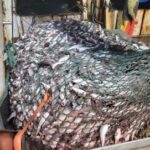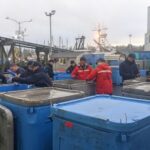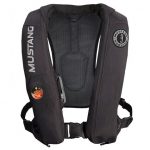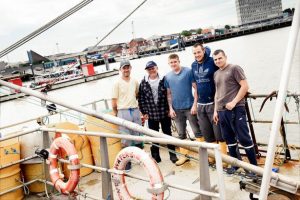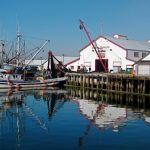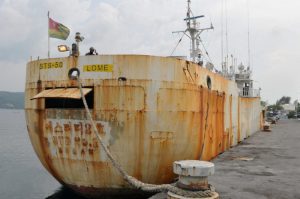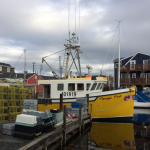Tag Archives: lost fishing gear
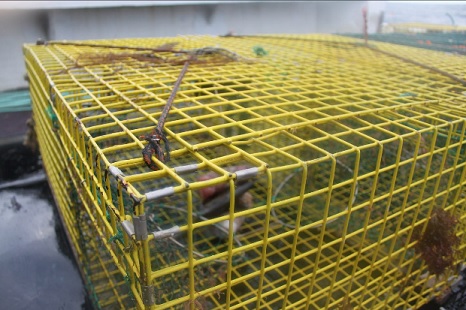
Erik Anderson: Facts about lost fishing gear
For those who read Rep. Gregg Hill’s Op/Ed (8/8/23) on lost or abandoned lobster gear in NH state waters, it would be appropriate to correct his misguided accusations and fabricated calculations with more clarity and accuracy that the subject deserves. Without doubt, lobster traps and fishing gear are lost every year as a result of a variety of circumstances and the nature of the beast in the conditions and environment that the fishery operates. It is humbling when a gear loss occurs to a fisherman, and I can attest that each one of us goes through an exhaustive process to recover that gear with a high rate of success. Today’s lobsterman is extremely protective of his gear as cost of a single trap exceeds $100 or more, and affording any loss is not tolerable. Rep. Hill, as a layman, has distorted this subject to an order of magnitude that does not exist. Fishing practices in NH lend to good policy for minimizing any gear loss and through cooperation, understanding and regulations with NH Fish & Game, this state does an admirable job in its environmental and resource sensitivity. I say this with confidence and experience from 50 years in the fishery. >click to read the op-ed< 10:17
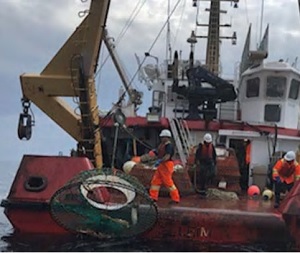
101 lost snow crab traps, 9 km of rope removed from gulf to protect right whales
Federal fishery officers and Canadian Coast Guard crews have removed 101 lost snow crab traps and more than nine kilometres of associated rope from the Gulf of St. Lawrence as part of ongoing efforts to protect endangered North Atlantic right whales. The so-called ghost gear,,, Ropeless gear holds hope, Earlier this week, during a stop in Dieppe to discuss whale protection efforts, Jonathan Wilkinson,,, “But certainly from a fisheries perspective we see that as a very, very interesting way to address and separate the issues of fishing versus the whales.” >click to read< 21:36
As ‘ghost fishing’ ravages ocean stocks, efforts build to retrieve killer lost nets and traps
 Abandoned or lost fishing gear — including traps, crab pots and nets — litters the ocean floor in coastal areas around the world. Many continue to attract, entrap and kill fish and other marine life in what is called “ghost fishing.” Groups, governments and companies around the world are engaged in efforts to retrieve and recycle as much of the abandoned gear as they can get their hands on. The goal is to protect the environment, prevent marine life from being killed, remove threats to navigation and, in some cases, generate energy. Read the rest here 17:09
Abandoned or lost fishing gear — including traps, crab pots and nets — litters the ocean floor in coastal areas around the world. Many continue to attract, entrap and kill fish and other marine life in what is called “ghost fishing.” Groups, governments and companies around the world are engaged in efforts to retrieve and recycle as much of the abandoned gear as they can get their hands on. The goal is to protect the environment, prevent marine life from being killed, remove threats to navigation and, in some cases, generate energy. Read the rest here 17:09

































